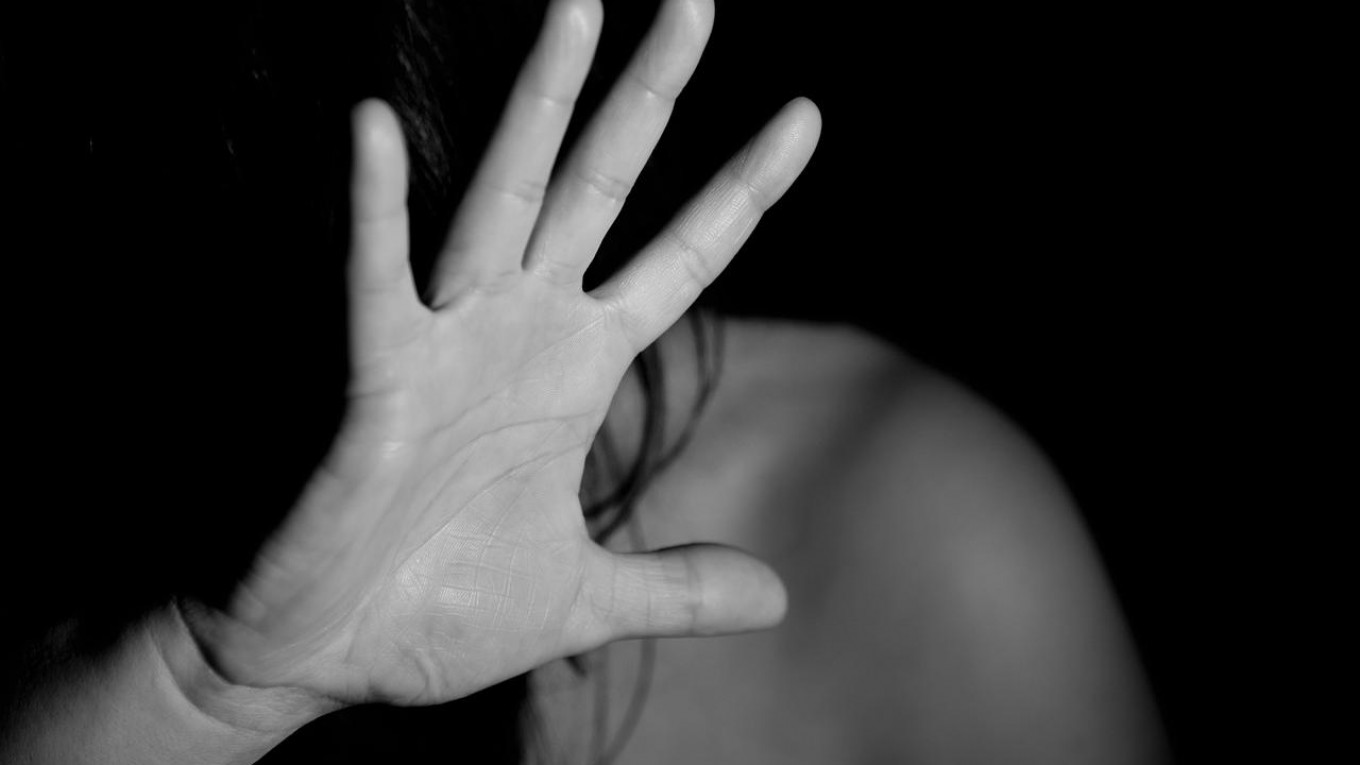The Russian film industry is not like the American film industry. For one thing, it is barely even an industry. For another, the Russian film world is tight-knit, less glamorous, its denizens approachable and its dramas harder to conceal.
This is one reason why Russians have greeted the epic Harvey Weinstein scandal by saying, “This couldn’t possibly happen here.”
There are also other, darker reasons.
When Meduza ran a round-up of Russian actors and filmmakers’ reactions to Weinstein and the greater problem of sexual harassment and rape in the industry, one thing immediately stood out: the men showed greater solidarity with the victims. The women interviewed by Meduza worked to play the whole thing down.
It would be tempting to accuse these women of simply being backward, but this is not the case. Russian women simply have more to lose by appearing to be too strident, “too hysterical,” on sexual harassment and assault.
Men, on the other hand, have greater privilege to speak out.
Although it was only a handful of statements, what was even more telling is the fact that most of the people in the film industry Meduza reached out to, simply refused to comment.
Why? Because the very topic is seen by the majority as salacious and inappropriate.
Perhaps actress Lyubov Tolkalina summed up this attitude best, when she said: “If you’re a real woman and this kind of thing happens, then you’ll never tell anyone about it. Because this, it seems to me, discredits both of you in the eyes of the public.”
The problem that many people have with harassment in the Russian film world — and in Russia in general — is when it’s framed as harassment. It’s an issue of definition.
Describe harassment in another way, and it’s merely a powerful man giving you a compliment. It’s a powerful man admiring you and giving you a role or another job that you’re interested in. Suddenly, it doesn’t sound so bad. There is no trauma, no humiliation, because you weren’t traumatized or humiliated. At worst, it was just a transaction.
Simply put, denial is another coping mechanism. Try to label it as such, and people will get upset and uncomfortable. Who can blame them?
Many of my friends in the Russian film and theater world are lamenting Harvey Weinstein’s fate. “But he seems so nice!” people say. “Like a big, awkward teddy bear! He probably just wanted a little bit of love from the beautiful women who surrounded him, you know, how awkward men do, and it’s blown up in his face! Poor thing!”
The conflation of love and violence has been chilling to observe. Predation is redefined as passion.
Weinstein was only doing what men are supposed to do, these people say. He was acting in accordance with his nature. Criticize him for that, and you’re probably just a shrill harpy who seriously needs to get laid.
Considering Russia’s appalling domestic violence problem — and legislative efforts that actually seek to make this problem worse — is it really any wonder many Russians would seek to normalize Weinstein’s actions?
The conflation of love and violence has been chilling to observe. Predation is redefined as passion.
Sexual harassment and domestic abuse go hand-in-hand —recall that Weinstein is also alleged to have beaten people, including his own brother. Both are used as a way to dominate, to enforce hierarchies, whether at home or at work.
When you live with abuse, or the expectation of abuse, you seek to minimize it. It’s the only way to survive the day-to-day. Russians, meanwhile, have good reason to harbor even greater mistrust of their police and their courts than many Americans do.
Russian institutions fail their citizens at a staggering rate. When you know, deep in your heart, that victims have no recourse, the best you can do is to tell them they were never victims to begin with.
My limited experience of the Russian film world suggests that it has its own Harvey Weinsteins. They don’t necessarily have to be rich. Often, being male is enough.
At the same time, I would urge Americans trying to seek solace in the fact that “Russians probably have it much worse” to reflect on what is motivating them. The U.S. film industry is enormous, and the stakes much higher.
People — women in particular — put up with too much just to be able to land and keep a role. Seeking comfort in the possibility that things are worse elsewhere only entrenches problems at home.
Natalia Antonova is an American writer and journalist.
The views and opinions expressed in opinion pieces do not necessarily reflect the position of The Moscow Times.
A Message from The Moscow Times:
Dear readers,
We are facing unprecedented challenges. Russia's Prosecutor General's Office has designated The Moscow Times as an "undesirable" organization, criminalizing our work and putting our staff at risk of prosecution. This follows our earlier unjust labeling as a "foreign agent."
These actions are direct attempts to silence independent journalism in Russia. The authorities claim our work "discredits the decisions of the Russian leadership." We see things differently: we strive to provide accurate, unbiased reporting on Russia.
We, the journalists of The Moscow Times, refuse to be silenced. But to continue our work, we need your help.
Your support, no matter how small, makes a world of difference. If you can, please support us monthly starting from just $2. It's quick to set up, and every contribution makes a significant impact.
By supporting The Moscow Times, you're defending open, independent journalism in the face of repression. Thank you for standing with us.
Remind me later.








